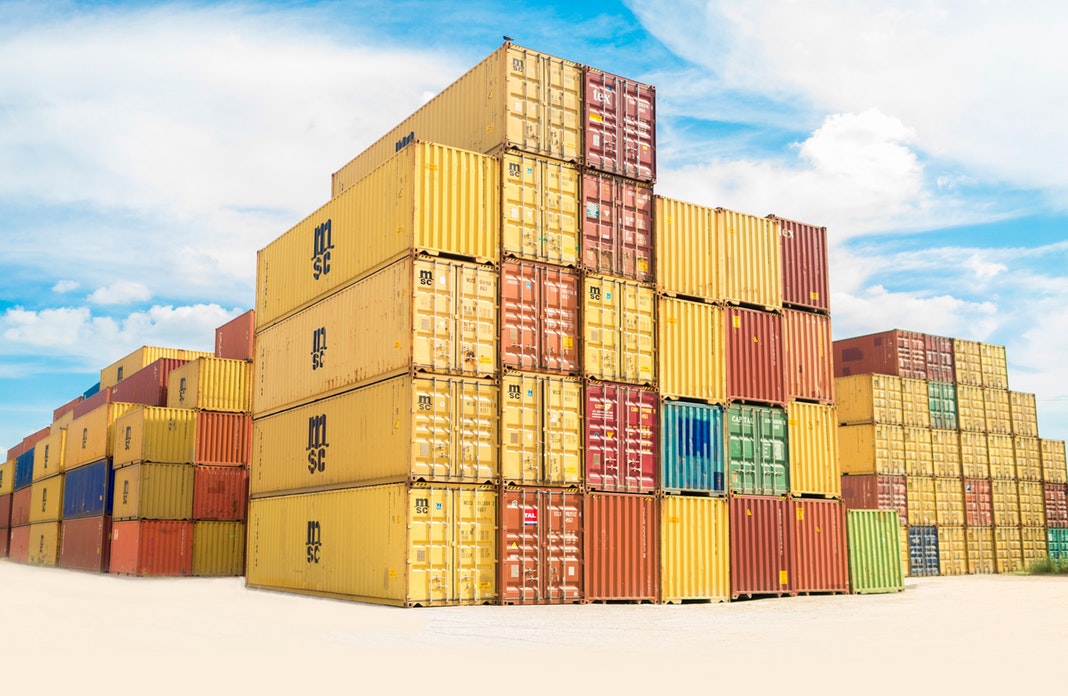Historically, arguments for American free trade have often been criticized or met with skepticism. However, what would happen if these arguments were reframed to suggest the economic and political benefits free trade can offer?
In a recent book review for Law and Liberty, Samuel Gregg seeks to answer this question and present others as he engages Pierre Lemieux’s book “What’s Wrong with Protectionism.”
In “What’s Wrong with Protectionism” Lemieux presents several arguments for free trade that can be used in response to protectionism. “It’s rarer for free traders to critique systematically the general case for protectionism” says Gregg. “This, however, is precisely what the economist Pierre Lemieux undertakes in his short and very readable new book.”
Lemieux cites the “seven most prominent protectionist arguments against free trade in America today.” He then uses economic theory and other evidence to counter these views.
While Lemieux’s counterarguments are interesting and effective, Gregg suggests that the most important part of the book could be Lemieux’s definition of free trade. Lemieux describes free trade as “unhindered exchanges between individuals over political borders. It is the international (or interregional) equivalent of domestic free markets.” Lemieux further refines his description with two claims.
First of all, Gregg notes Lemieux’s assertion that “we shouldn’t assume that free trade is the same thing as trade agreements.” Rather, “[Trade agreements] are partly about free trade, partly about harmonizing regulation.” Lemieux also highlights “the freedom to import,” a concept Gregg describes as “unusual” since “advocates of free trade typically accentuate the freedom to export.”
While Lemieux does acknowledge the potential for job loss within free trade, he believes protectionism cannot solve this problem in the long term. “By contrast,” says Gregg, “a commitment to free trade means you make a political choice to live in a world without economic illusions.”
If Gregg had to provide one piece of criticism for Lemieux’s book, it would be that it “doesn’t sufficiently emphasize protectionism’s deleterious non-economic effects,” as it focuses mainly on economics-based ideas.
What’s Wrong with Protectionism presents a new, insightful way to frame arguments for free trade in America. “American free traders” writes Gregg, should “seek to focus their fellow Americans’ minds on how free trade profits America economically and politically as a nation.” Lemieux’s book can enrich these efforts.
Read Gregg’s full book review here.
